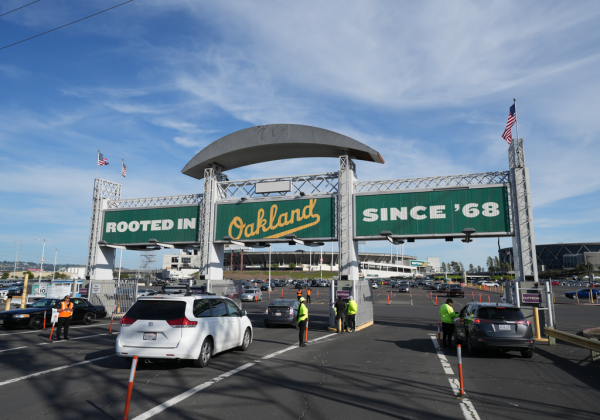Crashing into more restrictions
Under a new bill that recently advanced in the state legislature, teenagers may soon face even tougher driving restrictions. The proposed law would lengthen the six-month driver permit phase to one year. It would also require that teenage permit-holders log up to 100 hours of driving practice and establish a mandatory orientation course for parents. Although this proposed law has good intentions, it is unnecessarily burdensome and should not be passed.
Opinion
Parents would also be required to pay for these courses. According to the Star-Ledger, this fee would be minimal, but for low-income families, even a minimal fee could be enough to prevent teenagers from learning to drive.
Additionally, certain measures included in the law would be nearly impossible to enforce, rendering them worthless. According to the Star-Ledger, the proposed law would require parents to supervise their permit-holding teenagers’ driving for 50—or, in some cases, 100—hours. Parents would log these driving hours under an “honor system,” but there is nothing stopping busy parents and teenagers from faking entries.
In fact, similar laws have been ignored before. According to nj.com, after the passage of Kyleigh’s Law in 2010, only about 27 percent of teenagers actually purchased the required decals for their cars.
Considering New Jersey’s relatively good track record for teenage drivers, the passage of additional driving rules is simply unnecessary. According to a report from the New Jersey Department of Law & Public Safety, the number of fatal motor vehicle crashes occurring among drivers ages 16-20 has declined steadily since 2006.
There was also no significant drop in crashes after the 2010 passage of Kyleigh’s Law, indicating that legal measures did not play a major role. U.S. News even ranked New Jersey as the sixth-best state for teen drivers in a study conducted in 2010, before Kyleigh’s Law was passed.
For teenagers, learning to drive is an important step in gaining responsibility and independence, and placing further restrictions on that process would inconvenience everyone involved and do little to improve New Jersey’s already safe roads. Legislators don’t need to pass more laws to make New Jersey a safe place for young drivers.
New Jersey’s teen driving laws are already some of the strictest in the nation so the passage of additional laws would simply be overwhelming. Legislators need to step back and let teenagers take the wheel.







